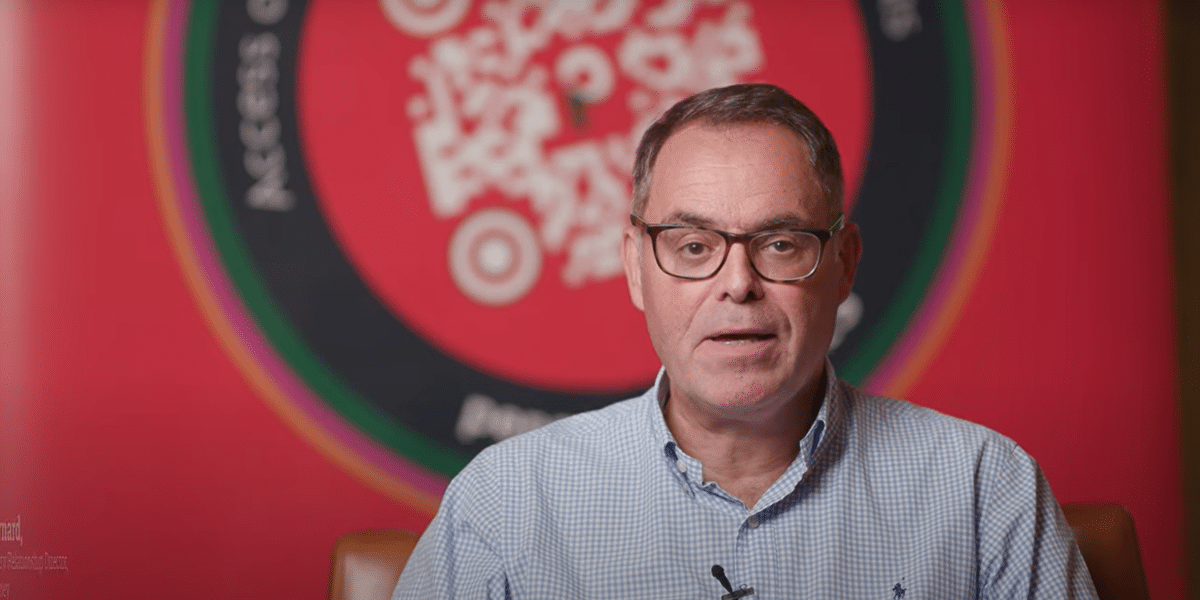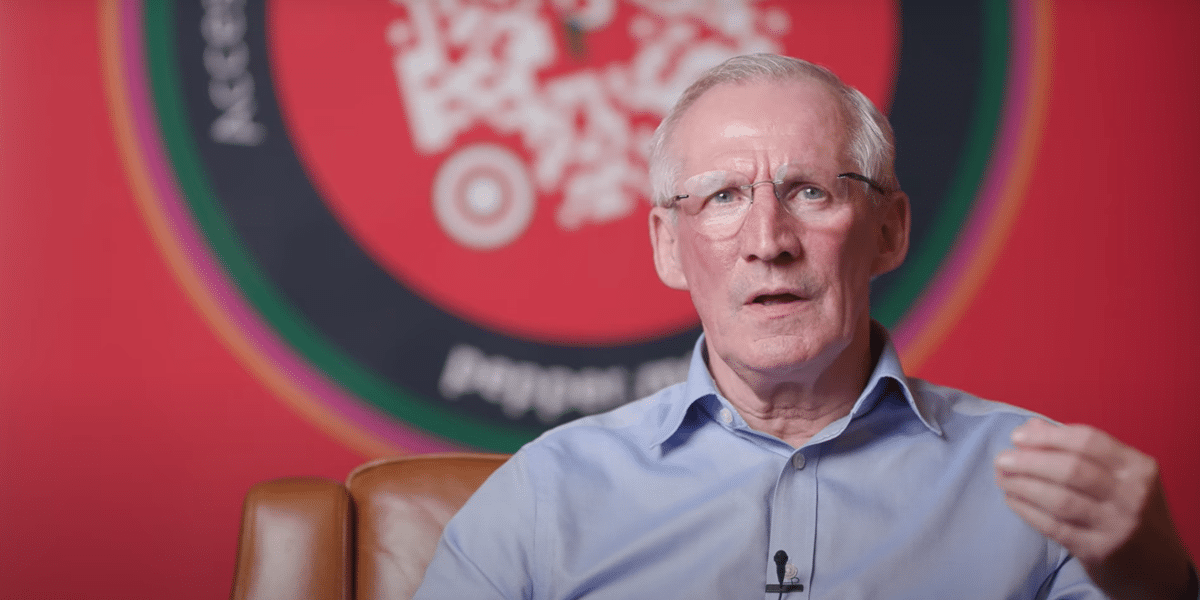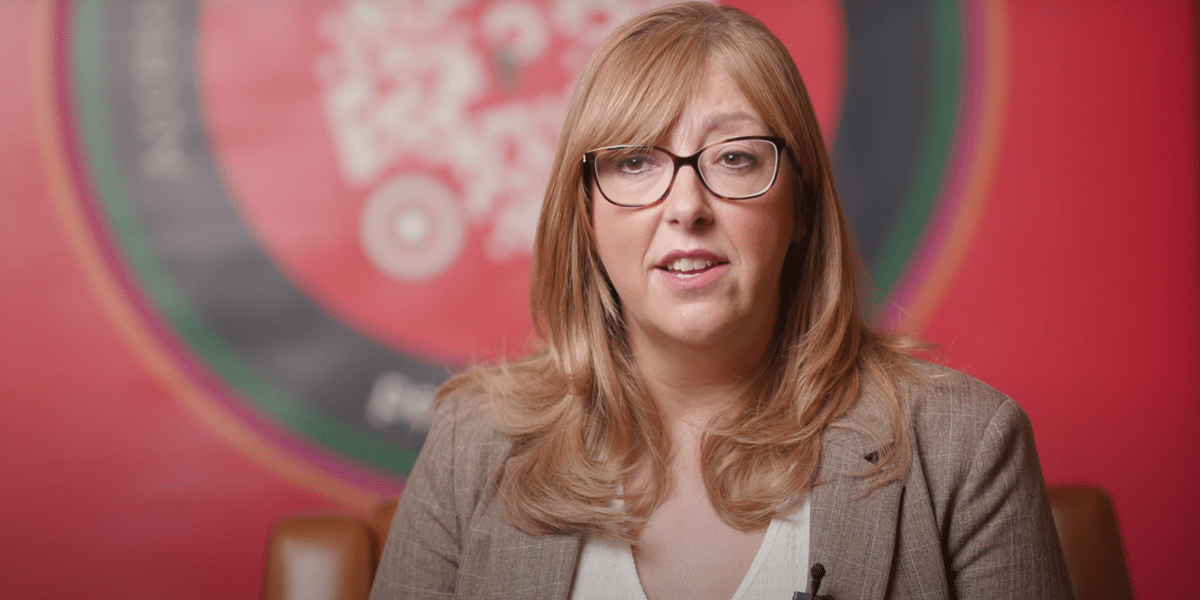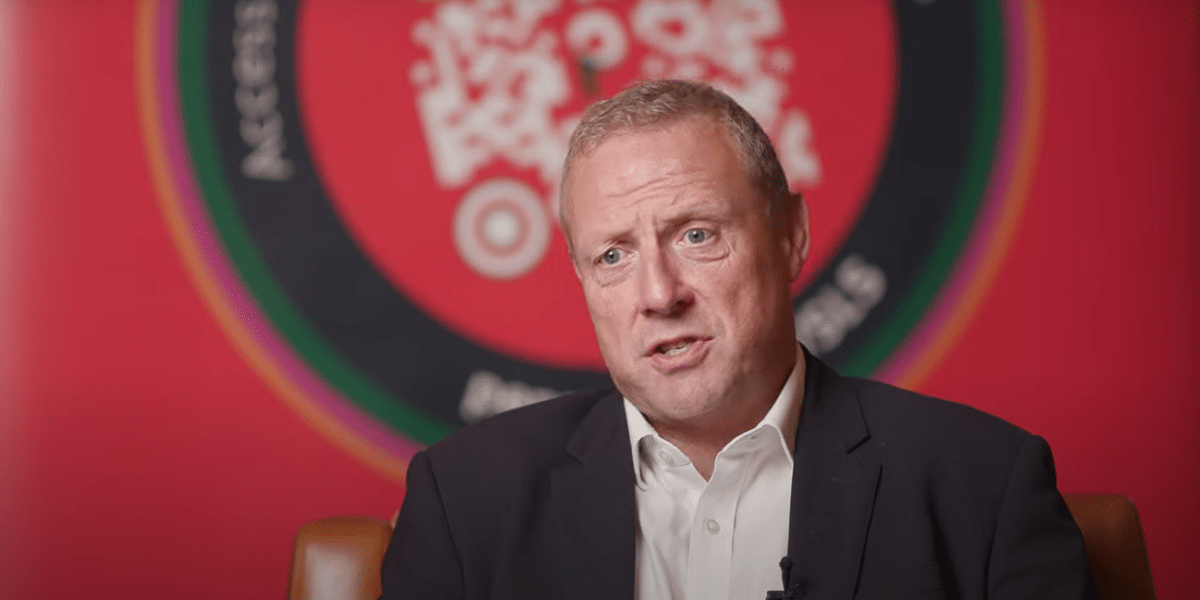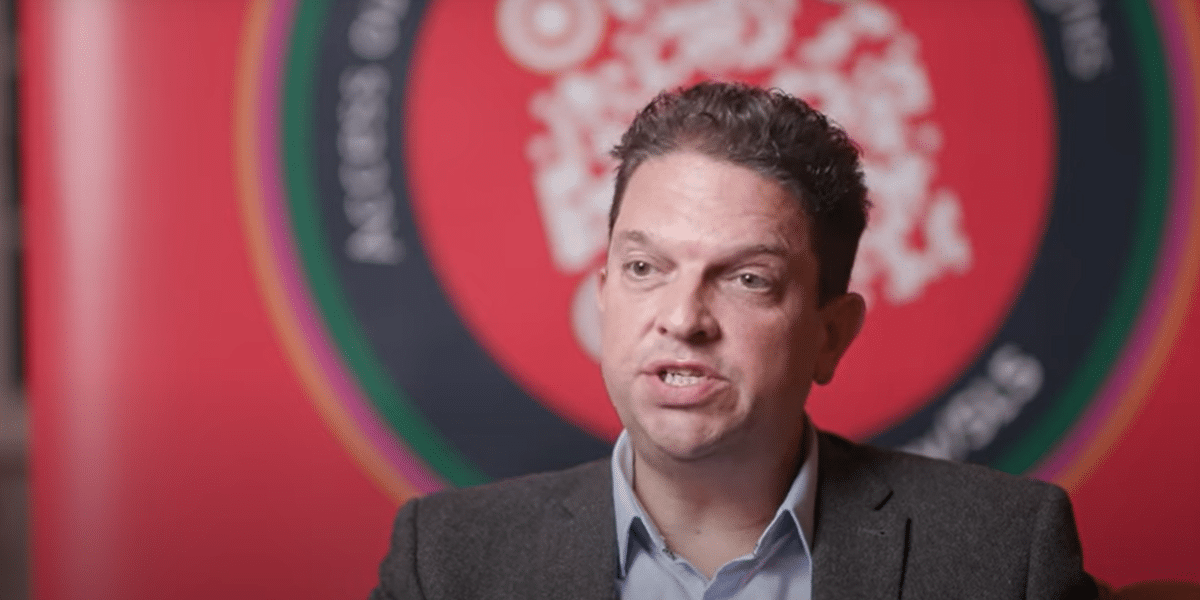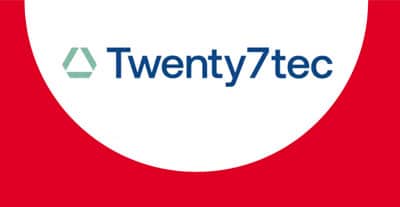Specialist Lending Study
Download our latest Winter 2023 Specialist Lending Study
Self-Employment & Complex Incomes
The Specialist Lending Study is the most extensive primary research conducted within the Specialist Mortgage Industry. Our aim is to provide a study which takes a broader, detailed look at the views and impacts of UK mortgage customers. The study covers the cost-of-living crisis, adverse credit, self-employed and second charge mortgages.
The UK mortgage market after a period of turbulence is now moving in the right direction. However, customers, brokers, and lenders alike will now have to become accustomed to a new normal. This study is uniquely positioned to provide brokers and lenders valuable insight into the challenges and perceptions of consumers, which gives brokers the opportunity to improve consumer engagement and their outlook on their mortgage prospects.
ADVERSE CREDIT
adults in the UK have a history of adverse credit – missed credit payments, Defaults, CCJs, unsecured arrears, secured arrears or entered a DMP.
Nearly half of people who have missed one credit payment say they have gone on to miss further credit payments.
potential mortgage customers have adverse credit – 13% of those who have experienced adverse credit in the last three years say that they intend to purchase a property in the next 12 months
The 2023 Pepper Money Specialist Lending Study has found that 15.16 million people have a history of adverse credit – missed credit payments, Defaults, CCJs, unsecured arrears, secured arrears or entered a Debt Management Plan.
This is based on a YouGov survey of 6,134 people in September 2023, which found that 28.93% have a history of adverse credit and the ONS projection for the UK adult population of 52.4 million.
COST-OF-LIVING CRISIS
say the current economic environment will make it harder for them to get a mortgage.
say their financial situation is negatively impacting their mental health.
say their disposable income has decreased in the last year. 31% say it has decreased significantly.
CONCERNED
Level of concern about the cost-of-living crisis on finances
CONCERNED
Level of concern about their financial future
Download our latest Winter 2023 Specialist Lending Study
Self-Employment & Complex Incomes

CONCERNED
Mental health negatively impacted by financial situation
CONCERNED
Consumers' perception that it will be harder to secure a mortgage in the future

COST-OF-LIVING CRISIS
Before buying a property customers with Adverse Credit will seek mortgage advice from:

Specialist Lending Study Partnerships
Download our latest Winter 2023 Specialist Lending Study
With great insight into Adverse Credit, Cost-of-Living Crisis, Self-Employment & Complex Incomes
Our previous Adverse Credit reports

Adverse Credit Study Winter 2022/23
Find out all you need to know about the impacts of adverse credit.

Adverse Credit Study Winter 2022
Find out all you need to know about the impacts of adverse credit.

Adverse Credit Study Winter 2021
Find out all you need to know about the impacts of adverse credit.
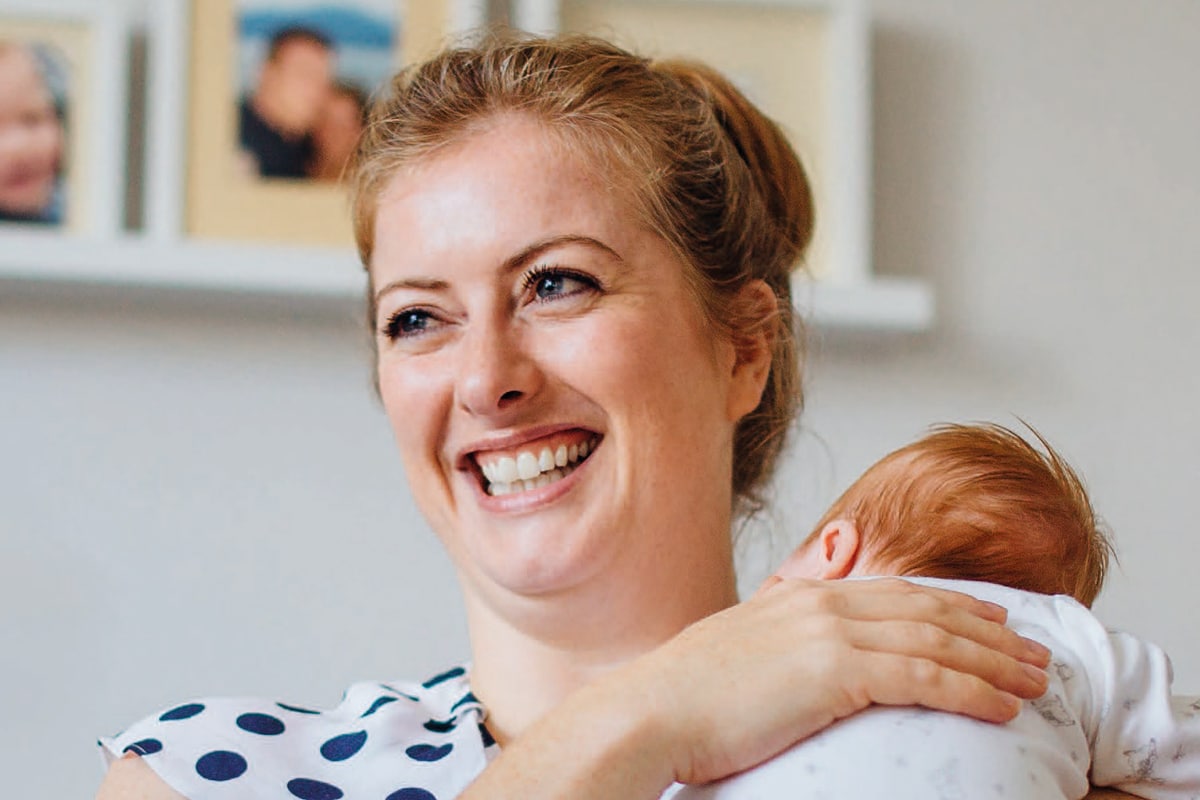
Adverse Credit Study Autumn 2020
Find out all you need to know about the impacts of adverse credit.

Adverse Credit Study Spring 2020
Find out all you need to know about the impacts of adverse credit.

Adverse Credit Study Spring 2019
Find out all you need to know about the impacts of adverse credit.
